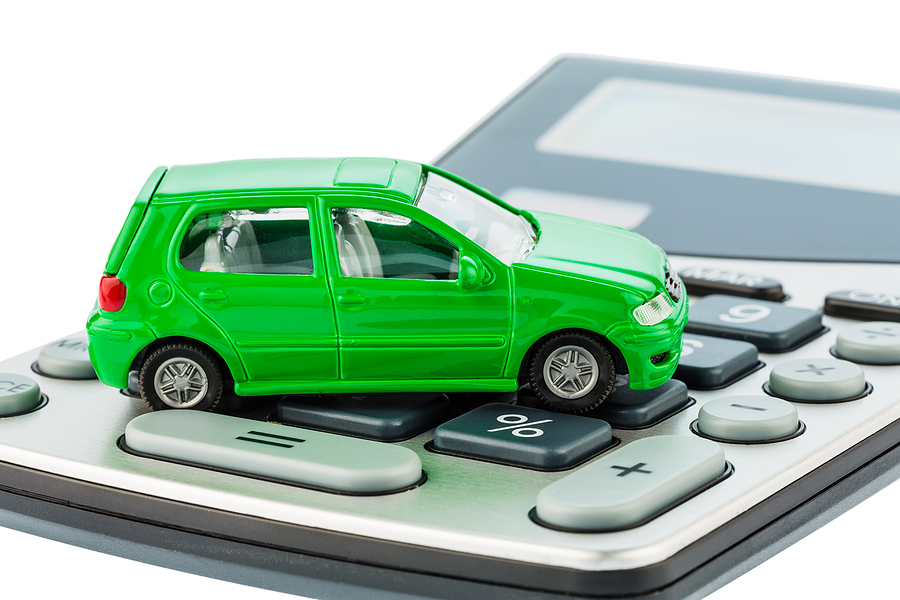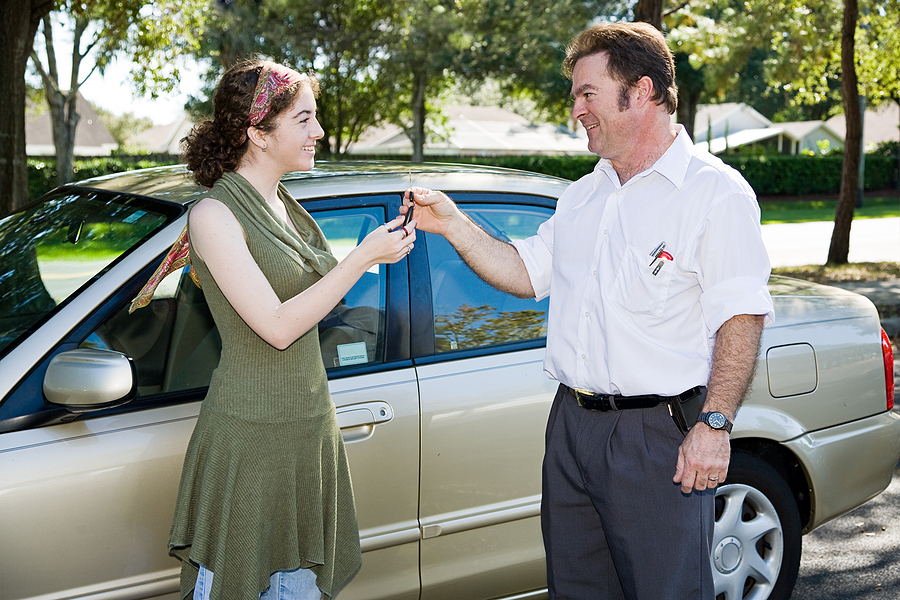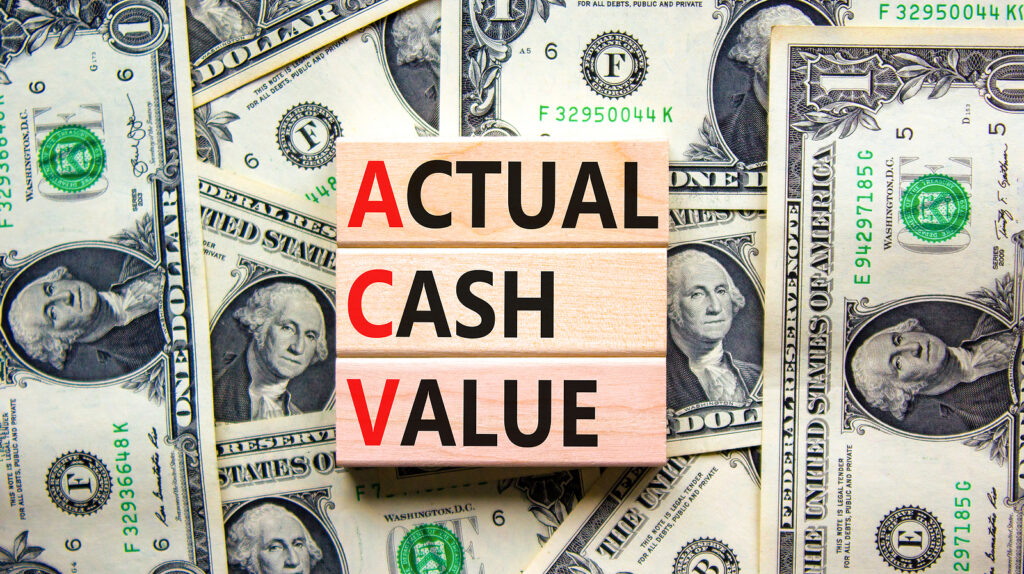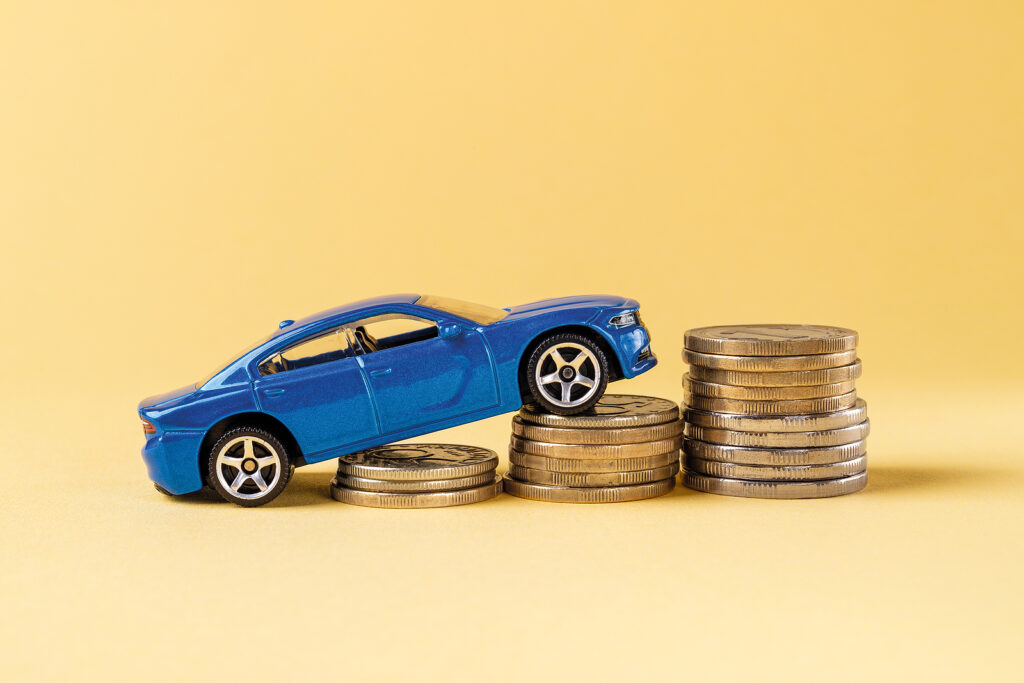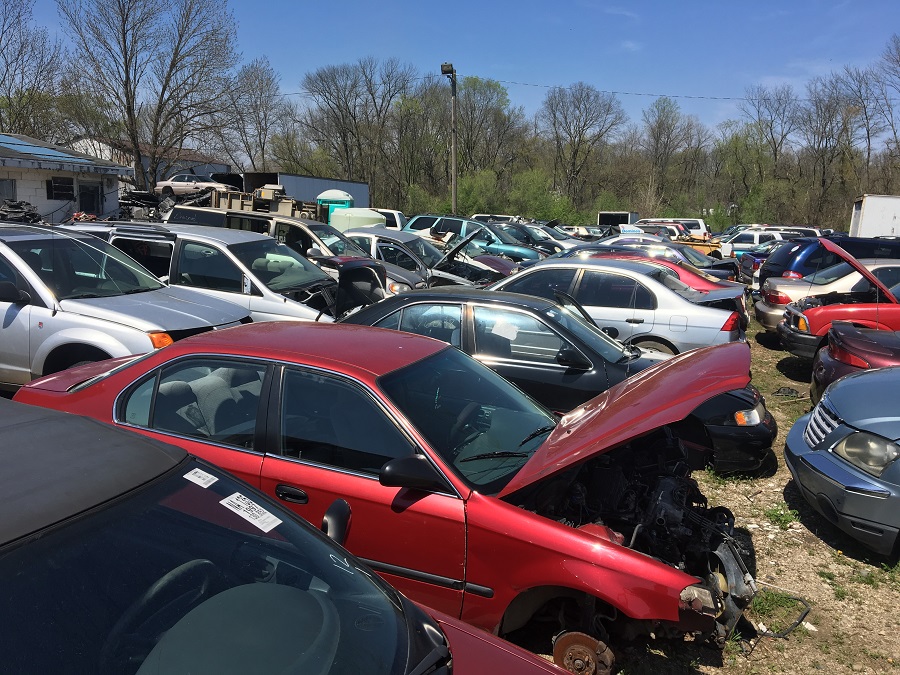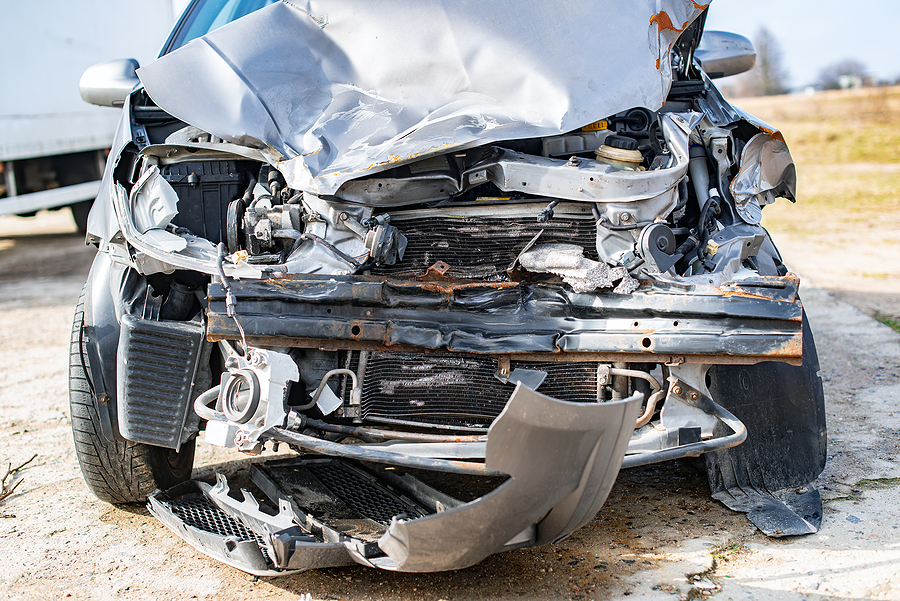In the world of automobiles, the term “junk car” often conjures images of rusting, unusable vehicles abandoned to rot in driveways or junkyards. However, what many don’t realize is that these so-called scrap cars hold significant value.
Whether you’re a vehicle owner with an old vehicle that’s seen better days or a scrap metal enthusiast eyeing potential treasures, understanding the value of junk cars can be both enlightening and profitable. This blog aims to unravel the complexities surrounding junk car worth, providing you with the necessary knowledge to make informed decisions.

Understanding Junk Car Value
Factors Influencing the Value of a Junk Car
The scrap price of a junk car is not determined solely by its current state of disrepair. Several factors come into play:
- Age and Make: Older cars, especially those over 10-15 years, generally have fewer valuable parts. However, certain makes and models might still command a higher price due to the rarity or demand for specific parts.
- Condition: While junk vehicles are typically not roadworthy, the condition of individual components (e.g., engine, transmission, wheels) can significantly impact value.
- Demand for Parts: Some scrap cars have parts that are in high demand, which can increase their value. Popular models or those known for reliable components are more likely to fetch a higher price.
- Weight and Scrap Metal Prices: The weight of the vehicle and the current market price for scrap metal are crucial. Heavier vehicles and those with valuable metals like platinum or copper can offer better returns.
Evaluating a Junk Car’s Worth
Evaluating the worth of a junk car involves several steps:
- Initial Assessment: A basic visual inspection can provide an initial idea of the vehicle’s condition.
- Professional Appraisal: Seeking a professional appraisal from a junk car buyer at a trusted auto salvage yard can give a more accurate valuation.
- Market Research: Understanding prevailing scrap metal prices and demand for parts can help set realistic expectations.
Frequently Asked Questions
What Makes a Car a “Junk Car”?
A vehicle, whether car, truck, van, SUV, or motorcycle, is typically classified as a junk vehicle if it is no longer functional or is too expensive to repair compared to its market value. This can include totaled vehicles from accidents, vehicles with severe mechanical issues, unfinished restoration projects, or those that have simply reached the end of their lifespan.
Can Junk Cars Be Sold in Any Condition?
Yes, scrap cars can be sold in any condition. While their value varies based on factors like those mentioned earlier, even non-running vehicles can be sold for parts or scrap metal.
What Documents Are Required to Sell a Junk Car?
The paperwork required can vary by location, but generally, you’ll need:
- Title: Proves ownership of the vehicle.
- Identification: Valid ID to verify the seller’s identity.
- Bill of Sale: Documenting the transaction details.
Some states might have additional requirements, so it’s always best to check local regulations.
How to Prepare a Junk Car for Sale?
Preparing your junk car for sale can help maximize its value:
- Remove Personal Items: Ensure no personal items are left in the car.
- Gather Paperwork: Have all necessary documents ready.
- Check for Valuable Parts: Consider selling valuable parts separately if possible.
- Clean the Car: A clean car, even if it’s junk, can make a better impression and possibly fetch a higher price.
What Happens to a Junk Car After It’s Sold?
Post-sale, junk cars typically go through several stages:
- Dismantling: Usable parts are removed and resold.
- Recycling: The remaining structure is crushed and recycled for its metal content.
- Environmental Compliance: Reputable scrapyards ensure that hazardous materials are disposed of correctly, minimizing environmental impact.
Junk Car Selling Guide
Tips for Getting the Best Price
- Shop Around: Don’t settle for the first offer. Get quotes from multiple auto salvage yards.
- Understand the Market: Keep tabs on scrap metal prices and demand for parts.
- Negotiate: Be prepared to negotiate to get the best possible deal.
The Legal Process of Selling a Junk Car
- Transfer Ownership: Ensure you complete the necessary paperwork to transfer ownership, avoiding future liabilities.
- Cancel Insurance: Inform your insurance company about the sale and cancel your policy for the junk car.
- Notify DMV: Depending on your state, you might need to notify the Department of Motor Vehicles (DMV) about the sale.
Finding Reputable Junk Car Buyers
- Check Reviews: Look for buyer reviews online to gauge reputation.
- Verify Licensing: Ensure the buyer is licensed and adheres to local regulations.
- Ask for References: Speak to past customers if possible to get an idea of the buyer’s reliability.
Wrapping Up
Understanding the value of junk cars is essential for scrap car owners and scrap metal enthusiasts alike. By knowing what factors influence a junk car’s worth, the process of evaluation, and the legalities involved in selling, you can make informed decisions that benefit both your wallet and the environment. Whether you’re looking to clear space in your garage or find a new home for a totaled car, informed choices will always lead to better outcomes.
Ready to turn that old clunker into cash? Contact GC’s Junk Cars at 317-608-2188 to get the best cash price for selling your junk car in Indianapolis, Indiana. We offer free towing with our in-house tow truck, so all you have to do is call and accept our offer. Let’s turn your junk car into value together!
Related Posts:
How Current Scrap Metal Prices Can Help You Determine Junk Car Value
How to Assess Your Junk Car’s Worth
What Factors Go into Calculating a Junk Car’s Actual Cash Value?

